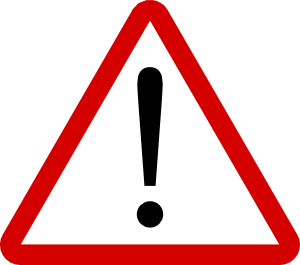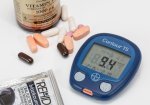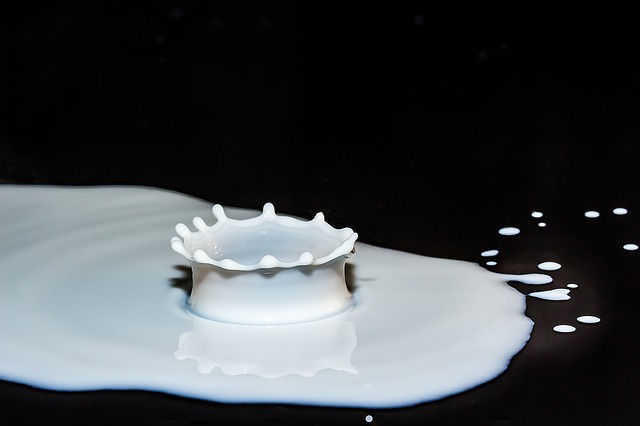Hypertension Warning Signs
by Tim Joseph
Hypertension warning signs refer to symptoms of high blood pressure that should be looked out for as signals for hypertension. Hypertension is a medical term for high blood pressure. It is a condition that affects millions of people worldwide, in most cases, without the individuals knowing it. The definition of blood pressure itself is the pressure of blood flowing through a person's vessels against the vessel walls.


Blood pressure depends on the amount of blood pumped from the heart and the elasticity or constriction of blood vessels. Hypertension sets in when blood pressure readings constantly exceed 140/90mmHg. Ideal blood pressure is considered to be blood pressure numbers of 120/80mmHg. High blood pressure is notoriously known for being asymptomatic for a long time until it reaches an advanced stage. At this point things can easily get out of hand if any more time is lost.
This means that hypertension warning signs are not always apparent. When someone is suffering from high blood pressure they may live a long time without knowing it. Due to this common possibility, doctors recommend that individuals ensure that they check their blood pressure at least once per year. The availability of home blood pressure monitors makes routine checks of blood pressure less difficult. Each household needs to select one of the best blood pressure monitors for home use. This can be shared in a home setting.
Constantly elevated blood pressure measurements form an important part of hypertension warning signs. When readings are constantly high, there will be need to immediately approach your physician to avoid organ damage. High blood pressure particularly damages kidneys and can even damage eyes. In fact dangers of high blood pressure which makes hypertension treatment a priority includes heart failure, cardiovascular disease, blindness and stroke amongst others.
In searching for hypertension warning signs there has been mention of migraine headaches as a warning sign of hypertension. A huge number of people as high as 90 percent experience headaches of some kind at least once in their lifetime. Many patients and physicians believe that headache is a common symptom of hypertension. This is not necessarily true. In fact there is huge debate around this. The prevalence of migraine headaches in the hypertensive population at large is unknown. To establish if headache in a hypertensive patient is as a result of high blood pressure and not other causes of headache can be a time consuming and challenging task.
Medical studies show that migraine is largely prevalent in young adults whereas hypertension increases with age. It is only in recent years that due to binge drinking, reports have started to emerge of increased hypertension cases amongst younger people. The association between alcohol and high blood pressure is well known. Hypertension and migraine are both common disorders in 10 to 22 percent of the adult population. In 1988, the International Headache Society reached an agreement that chronic arterial hypertension of mild-to-moderate degree does not cause headache. Researchers have noted that some headaches in hypertension patients are induced by anti-hypertensive drugs. These are blood pressure medication side effects.
Tinnitus which refers to a feeling of ringing in the ear is considered an important part of hypertension warning signs. Since tinnitus is not a definite link to hypertension, when one has it, it is important to get checked out by a physician. Palpitations can also yet be another important warning sign for hypertension. It however needs to be noted that palpitations can be caused by many different things hypertension being one of them. Should you have no reason to have palpitations you should also check your blood pressure.
Apart from tinnitus and palpitations, dizziness is a viable hypertension warning sign. There are many reasons for feeling dizzy. Inner ear infection, for example, is known to cause dizziness. Even low blood pressure can also cause dizziness. However, people with elevated blood pressure have complained of feeling dizzy. There is need to check blood pressure should you start feeling dizzy for no traceable reason.
Nose bleeding can occur in people with high blood pressure. Just as many other warning signs of hypertension above, nose bleeding is not conclusively an indication of high blood pressure. There can be many other reasons for it. When it starts suddenly blood pressure will have to be checked. The following is a summary list of hypertension warning signs;
- Tinnitus
- Palpitations
- Dizziness
- Nose bleeding
- Fatigue
- Blurred vision
- Chest pains
- Elevated blood pressure readings
- Nausea
- Vomiting

Return To Articles on Hypertension from Hypertension Warning Signs
Return To Hypertension Home from Hypertension Warning Signs
Disclaimer
Information contained on this website is not meant to replace your doctor's advice.
(c) All Rights Reserved. 2010-2018












